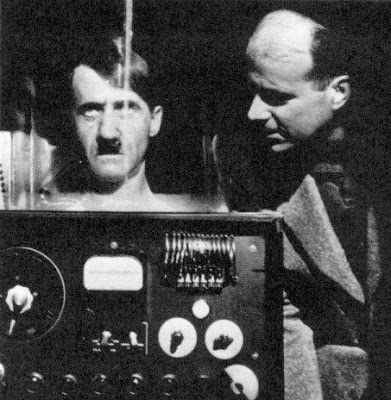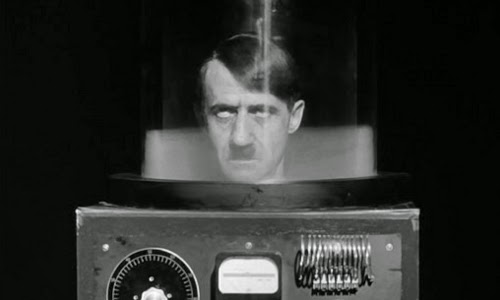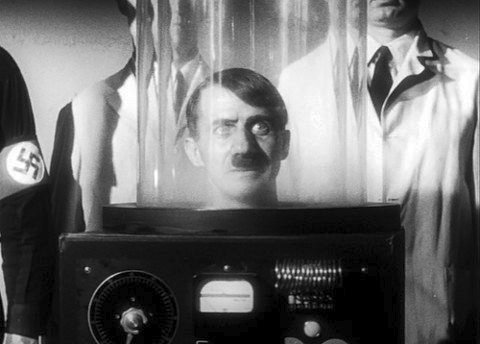
One thing lost in the NSA scandal is that while government spying on U.S. citizens may be a permanent part of life, the opposite is equally true: our government can never be sure anymore that it’s operating in secrecy. To some extent, we live in public now. Whether it’s Edward Snowden telling us what’s already obvious, or disclosures that mean something, life is more complicated and transparent because of the tech tools we’ve created, because so much information is out there. A tiny part of it may be dangerous–even treason—but the great majority–like Snowden’s, will not. But it will occur, it is a part of the foundation now. You can prosecute this person or make a law to limit that entity, but that’s not going to change anyone’s behavior. The tools are there and so is the will to utilize them, whether we’re talking about government agencies or the average person.
But the ceding of privacy by the average American is about something else–a lack of proportion, the fear of the terrible death by terrorism as opposed to a relatively mundane one. It’s about not wanting to experience a loss of control. An analogy: People in the U.S. fear traveling by airplanes far more than by auto, yet there hasn’t been an air fatality from a major airline in the country in more than four years. Check our highway death statistics during the same time frame. From Conor Friedersdorf in the Atlantic:
“Measured in lives lost, during an interval that includes the biggest terrorist attack in American history, guns posed a threat to American lives that was more than 100 times greater than the threat of terrorism. Over the same interval, drunk driving threatened our safety 50 times more than terrorism.
Those aren’t the only threats many times more deadly than terrorism, either.
The CDC estimates that food poisoning kills roughly 3,000 Americans every year. Every year, food-borne illness takes as many lives in the U.S. as were lost during the high outlier of terrorism deaths. It’s a killer more deadly than terrorism. Should we cede a significant amount of liberty to fight it?
Government officials, much of the media, and most American citizens talk about terrorism as if they’re totally oblivious to this context — as if it is different than all other threats we face, in both kind and degree. Since The Guardian and other news outlets started revealing the scope of the surveillance state last week, numerous commentators and government officials, including President Obama himself, have talked about the need to properly ‘balance’ liberty and security.
The U.S. should certainly try to prevent terrorist attacks, and there is a lot that government can and has done since 9/11 to improve security in ways that are totally unobjectionable. But it is not rational to give up massive amounts of privacy and liberty to stay marginally safer from a threat that, however scary, endangers the average American far less than his or her daily commute.”

 It’s not exactly the most pressing concern to sort out how we’d conduct justice should it become possible for humans to upload consciousness to computers and attain a sort-of immortality for our sort-of selves. But it may be theoretically possible and makes for a fun bull session, so Conor Friedersdorf penned a well-written cautionary essay on the topic for the Atlantic, which also considers other unintended consequences of the endless summer. An excerpt:
It’s not exactly the most pressing concern to sort out how we’d conduct justice should it become possible for humans to upload consciousness to computers and attain a sort-of immortality for our sort-of selves. But it may be theoretically possible and makes for a fun bull session, so Conor Friedersdorf penned a well-written cautionary essay on the topic for the Atlantic, which also considers other unintended consequences of the endless summer. An excerpt:

